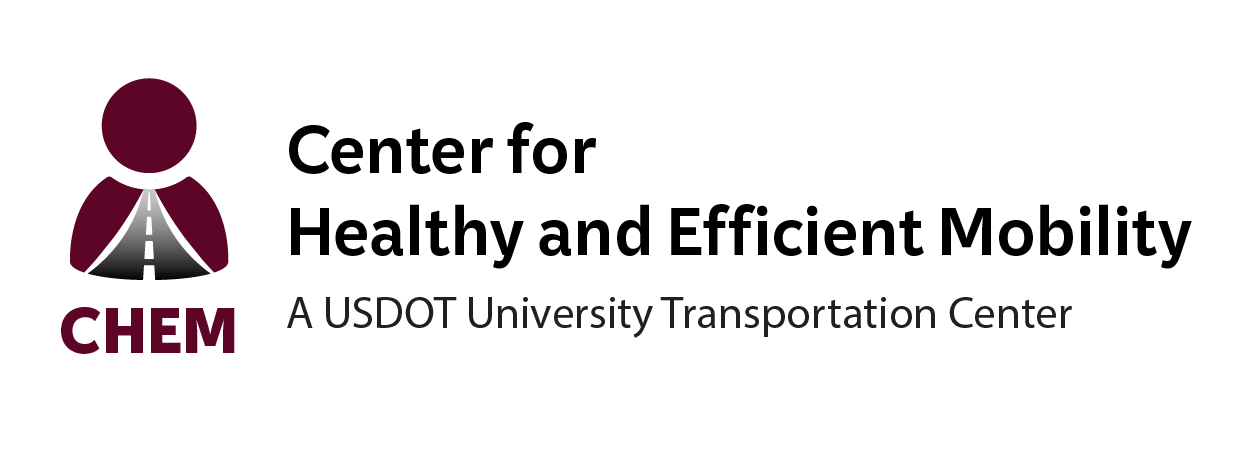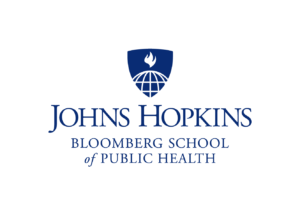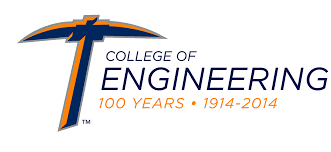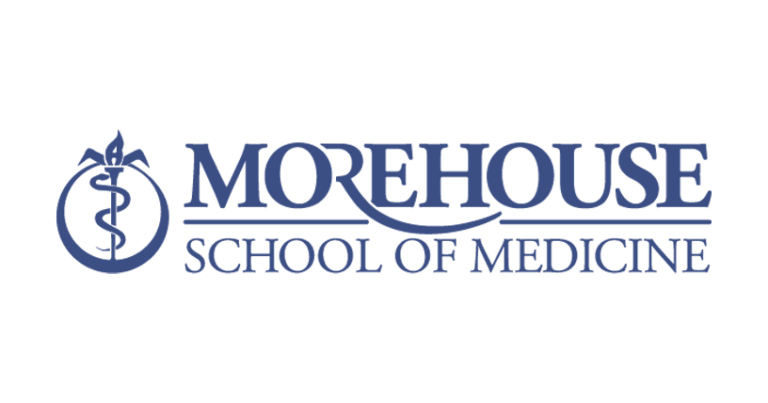The Center for Advancing Research in Transportation Emissions, Energy and Health (CARTEEH) hosted a webinar on Friday, June 7, 2024, from 10:30 a.m. – 11:30 a.m. CST with Dr. Khalek to discuss the connections between emissions and technology changes.
Several forces are competing in the light-duty and heavy-duty landscape of our transportation sector to reduce emissions. In light-duty vehicles, there is a strong push for electrification, resulting in zero tailpipe emissions. However, hybrid-electric vehicles and internal combustion engine (ICE) vehicles are also expected to play significant roles until 2035 in several states, and beyond 2035 in many others. In the heavy-duty sector, while electrification is gaining traction, other technologies such as hydrogen internal combustion engines (H2-ICE), renewable ICE, and traditional fuel ICE will continue to play significant roles going forward.
Dr. Khalek discussed how tailpipe emissions have been drastically reduced over the years and how new regulations are continuing to push for further reductions in particulate matter (PM) mass and nitrogen oxides (NOx), addressing some of the remaining challenges that have public health implications. Additionally, he covered brake and tire particle emissions—the new elephant in the room—and their contributions to PM10 and PM2.5. These emissions will have public health implications across the entire mobile sector, whether from electric vehicles (EV) or ICE vehicles. Finally, Dr. Khalek briefly touched on Li-ion battery runaway fire and the significant emissions produced from a single event.
- Click here to download the presentation
Speaker

Imad Khalek, PhD, FSAE
Institute Engineer
Southwest Research Institute (SwRI), Powertrain Engineering
Dr. Khalek has been with SwRI for 25 years. He currently manages SwRI Particle Science & Technology. He moved to SwRI in 1999 after completing his PhD in Mechanical Engineering at the University of Minnesota. He has spearheaded numerous R&D programs related to automotive engine regulated and unregulated emissions, investigating various fuels and oils, with and without aftertreatment devices, with a focus on ultrafine and nanoparticles. Dr. Khalek’s leadership extends to notable particle measurement programs, improving testing in areas such as sampling techniques, filter media, portable emissions measurement systems (PEMS), and solid particle number down to below 10 nm. He is the founder of SwRI Particle Laboratory, the world’s first ISO 17025 particle calibration laboratory accredited by A2LA. His expertise also covers particle sensors, brake and battery fire emissions and mitigations. Dr. Khalek holds nine patents and has over 65 publications with numerous presentations in the public domain. He is an Associate Editor of the Society of Automotive Engineers (SAE) Journal of Engines. Dr. Khalek has earned the status of Fellow of the SAE.




